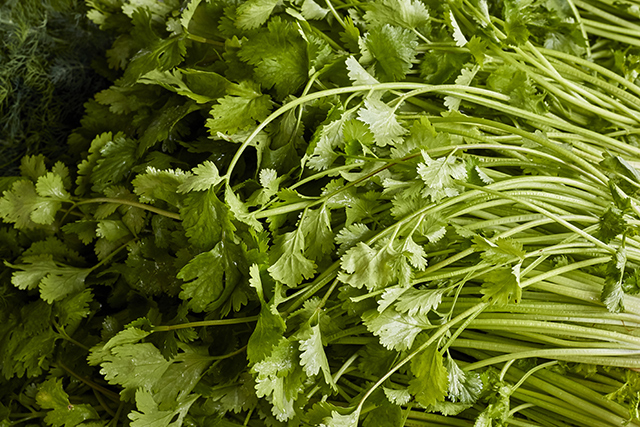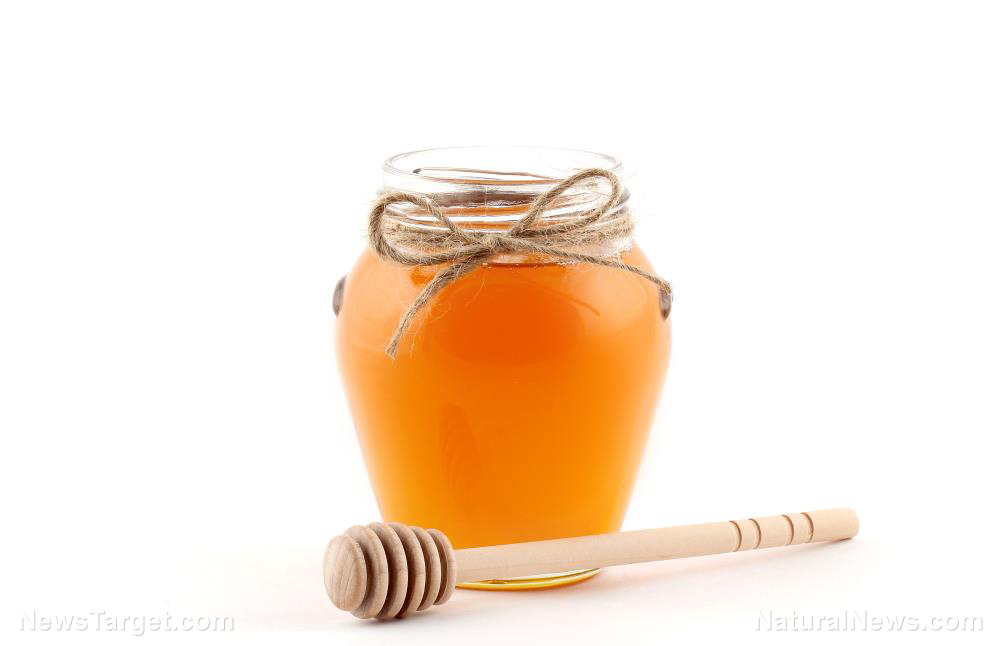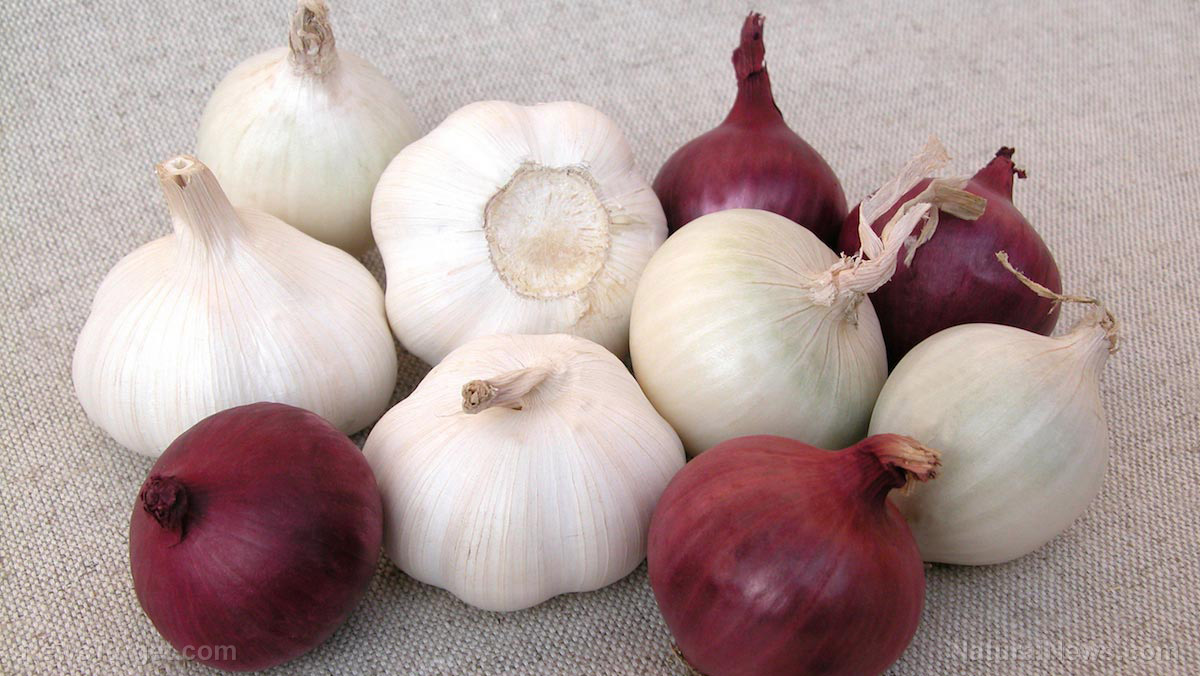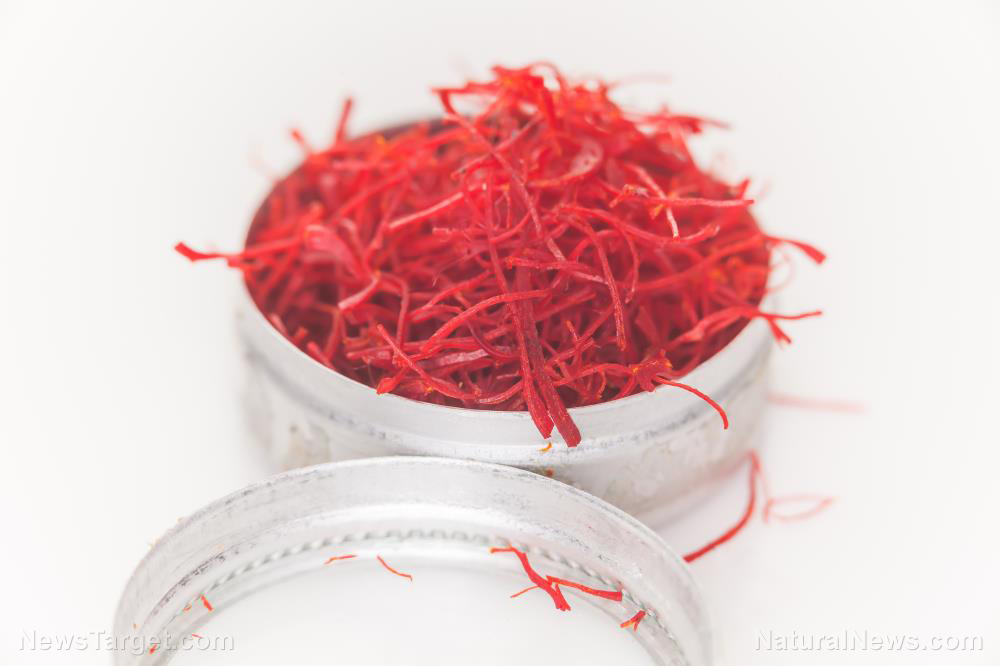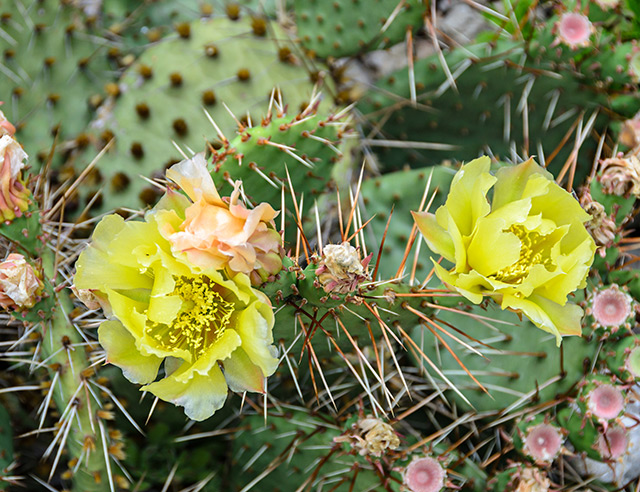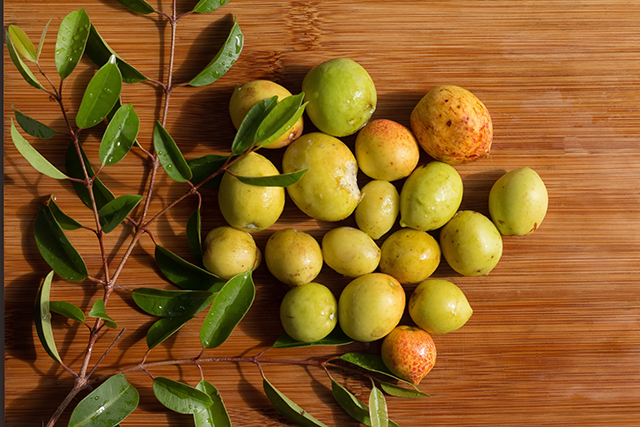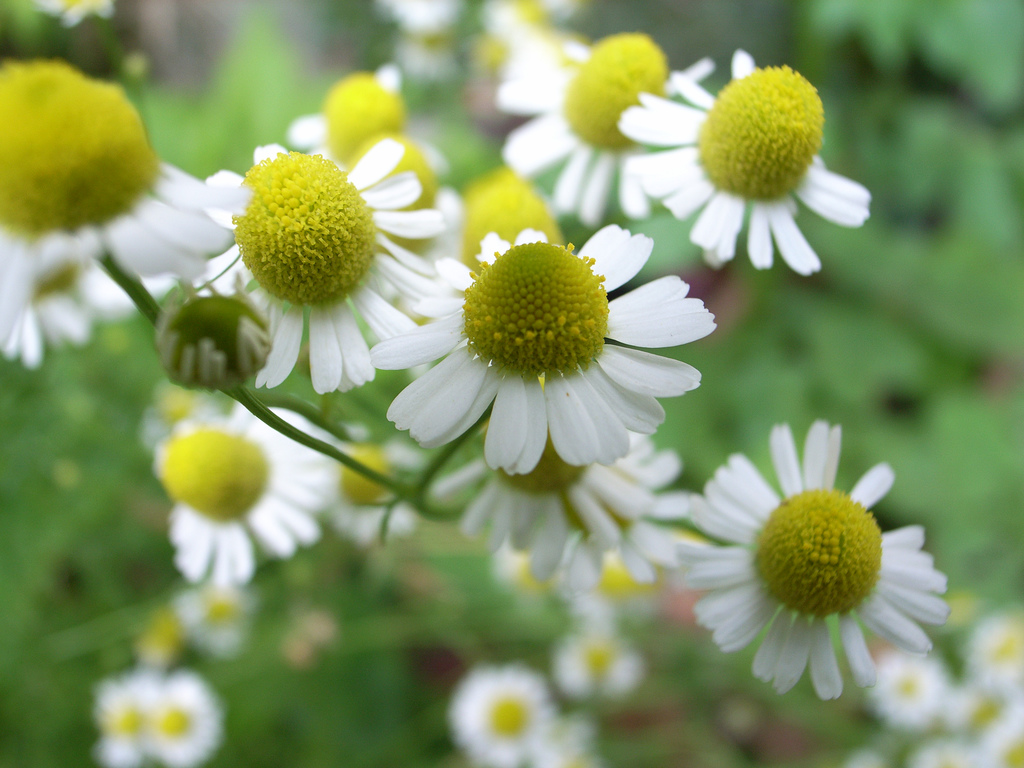Prevent liver fibrosis with TCM
10/03/2018 / By Zoey Sky

According to research findings, the key to treating liver fibrosis may be found in a traditional herbal formula. The study, which was published in BMC Complementary and Alternative Medicine, showed that Traditional Chinese Medicine (TCM) may help reduce the risk of liver disease.
Liver fibrosis is a wound-healing process that occurs when the body sustains chronic liver injury. The condition can eventually progress to liver cirrhosis after persistent inflammation and fibrogenesis.
For the study, researchers investigated the possible health benefits of an herbal formula used in TCM, Liuweiwuling tablets (LWWL). Other studies have determined that TCMs have pharmacological effects that work on multiple targets and help treat complex diseases. Some herbal formulas can even help delay or curb liver fibrosis and cirrhosis.
LWWL, which is classified under a new category of TCM drugs approved by the China Food and Drug Administration (CFDA), is made from six plant products:
- Chinese magnolia vine fruit (Schisandrae chinensis fructus)
- The dried rhizome of Curcuma longa L. or turmeric (Curcumae rhizoma)
- Forsythia fruit (Forsythiae fructus)
- Ganoderma spore
- Ligustrum seed (Fructus Ligustri Lucidi)
- Perennial sowthistle
Clinically, LWWL can effectively improve collagenase activity. This means LWWL can boost collagen degradation in liver tissue, as well as the serum protein content. This way, the herbal formula reduces the liver tissue collagen content and minimizes liver fibrosis markers in the serum.
LWWL can help improve and reverse chronic liver injury, and this promotes extracellular matrix (ECM) degradation and reabsorption that can either delay or prevent progressive liver fibrosis.
Meanwhile, long-term colchicine treatment in people who have liver fibrosis has anti-inflammatory, anti-fibrotic, and immunomodulatory effects, hence its use as a positive control in the experiment.
For the study, the research team analyzed the therapeutic effect of LWWL when used to treat hepatic fibrosis. The researchers also examined the mechanism of the herbal formula’s antifibrotic effects.
The health benefits of Liuweiwuling tablets
The authors observed the protective effects of Liuweiwuling tablets on rat subjects during the 12-week study. According to research, Liuweiwuling tablets have protective effects on the liver and aminotransferase levels.
Clinical studies have confirmed that LWWL helps inhibits collagen production and that it can help reduce the levels of liver fibrosis markers in the serum.
During the study, the research team worked to confirm if LWWL’s pharmacological effects and if the traditional remedy is indeed a viable alternative that can help treat liver fibrosis. (Related: Probiotics protect your liver by decreasing the amount of fat build-up in the body.)
The researchers began the study by inducing hepatic fibrosis in several rat subjects using carbon tetrachloride (CCl4) treatment. A subset of rats received daily intraperitoneal injections of either colchicine or vehicle from the ninth week of testing until the final week.
After the 12-week test period was finished, the rats were dissected. Data from the analysis revealed pathological changes in the hepatic tissue of the subjects. The results also showed that LWWL helped reverse histological fibrosis and liver injury in the rats.
Analysis of the liver tissue of the subjects showed a reduced hydroxyproline content, which is an indicator of collagen deposition during wound healing, and decreased alpha-smooth muscle actin (alpha-SMA) and collagen type I (collagen I) expression.
The expression levels of tissue inhibitor of metalloproteinases 1 (TIMP1) and TIMP2, which help keep ECM degradation in check, were also decreased after the rats were given CCl4.
The rats given LWWL significantly inhibited CCl4-induced hepatic fibrogenesis. The researchers also observed a decrease in the adhesion of liver tissues, while the texture of the organ was softer and more lustrous. Unlike the control group, the subjects in the model group had livers with a remarkable ECM area, showing the healing properties of LWWL.
Findings showed that LWWL helped weaken the effect of CCl4 in the subjects while also enhancing liver function due to its antifibrotic properties.
Hepatic fibrosis causes hepatic injury following ECM accumulation. This is linked to different chronic liver diseases like chronic alcoholic liver disease and nonalcoholic steatohepatitis. These conditions are linked to cirrhosis or hepatocellular carcinoma (HCC).
By preventing hepatic fibrosis, experts can get one step closer to determining an effective strategy for treating chronic liver disease. Small molecules and biological agents are currently being developed to treat hepatic fibrosis.
The researchers concluded that based on the study findings, LWWL has confirmed antifibrotic effects and that it can help improve liver function in patients who have liver fibrosis.
You can read more articles about other traditional remedies for liver diseases at NaturalCures.news.
Sources include:
Tagged Under: alternative remedies, Chinese medicine, Hepatic fibrosis, Hepatic stellate cell, Liuweiwuling tablets, liver disease, liver fibrosis, liver function, liver health, natural remedies, TCM, TGF-beta 1, TIMPs, traditional Chinese medicine


